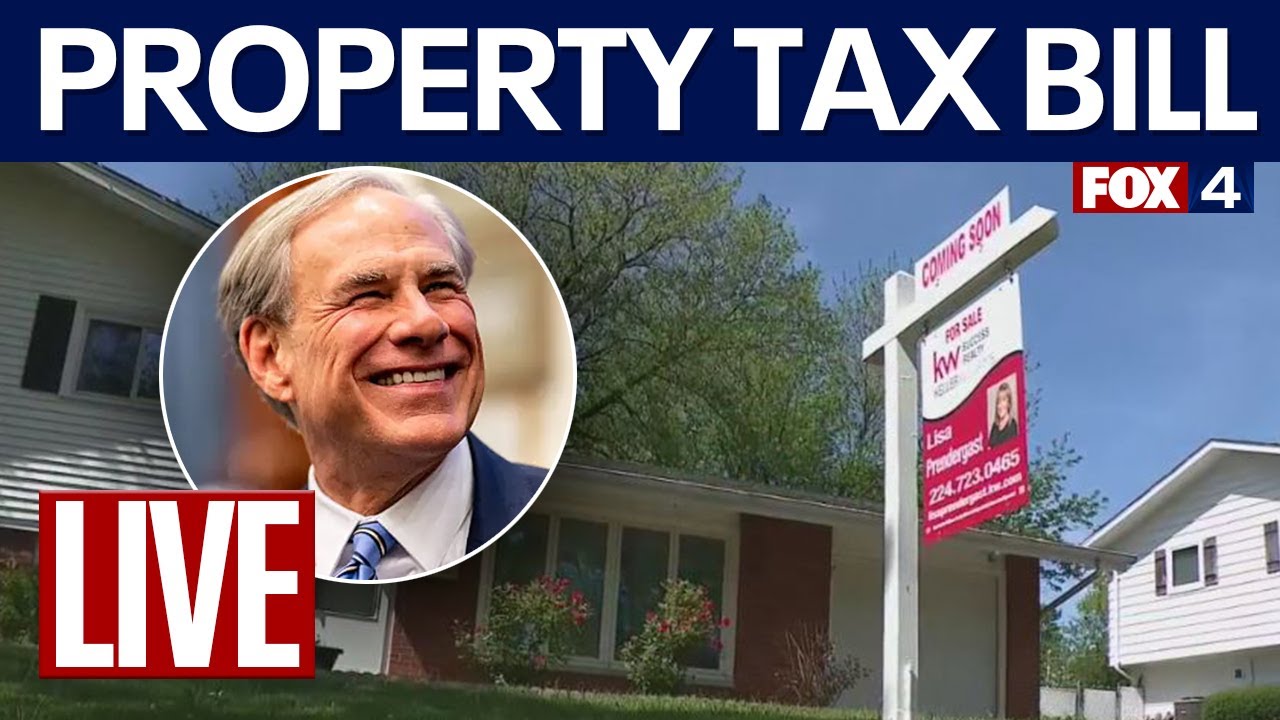Politics
Texas Governor Still Won’t Say If He’ll Sign Hemp Ban Bill, But Thinks There Are ‘Meaningful’ Concerns On Both Sides Of The Debate

The governor of Texas still hasn’t made a decision on a bill lawmakers recently sent to his desk that would ban consumable hemp products with any traces of THC—but he says there are “meaningful positions and concerns on both sides of the issue.”
As advocates and stakeholders continue to push for a veto of SB 3, which they say would effectively eradicate the hemp market in Texas, Gov. Greg Abbott (R) said on Monday that he has hundreds of bills to review and he “hasn’t gotten to” the cannabis legislation yet.
“I’ll tell you this: Listen, there are meaningful positions and concerns on both sides of the issue, and I’ll look into all of those and evaluate all of those,” he told reporters during a Q & A session following a bill signing ceremony for an unrelated measure.
That largely echoes comments Abbott made earlier this month, when he said SB 3 “is one of literally more than a thousand bills on my desk—all of which need my careful consideration and evaluation.”
“I will give all of those pieces of legislation the consideration and time that they deserve,” the governor said at the time, while sitting beside one of the measure’s most vocal supporters, Lt. Gov. Dan Patrick (R).
But it’s notable that, in his latest comments, he seemed to acknowledge that supporters and opponents of the measure have “meaningful” arguments that he’s taking into account.
Also this month, hemp advocates and stakeholders delivered more than 100,000 petition signatures asking Abbott to veto the measure. Critics of the bill have said the industry—which employs an estimated 53,000 people—would be decimated if the measure becomes law.
The governor has three options for the proposal: sign it, veto it or allow it to take effect without his signature. The deadline for his decision is this Sunday, June 22.
Last month, a spokesperson for the governor separately declined to disclose Abbott’s plan for the bill, saying only that he “will thoughtfully review any legislation sent to his desk.”
Texas lawmakers legalized the sale of consumable hemp in 2019, following enactment of the 2018 federal Farm Bill, which legalized the plant nationwide. That’s led to an explosion of products—including edibles, drinks, vape products and cured flower—sold by an estimated 8,000 retailers.
Military veterans advocates, including Texas Veterans of Foreign Wars, have also called on the governor to veto the hemp ban, saying it “would cause irreversible harm to communities across the state.”
Farmers have also said the prohibition would devastate a key sector of the state’s agriculture industry.
Meanwhile, a recent poll commissioned the Texas Hemp Business Council (THBC) found that Texas Republican primary voters oppose the proposal to ban hemp products containing THC.
—
Marijuana Moment is tracking hundreds of cannabis, psychedelics and drug policy bills in state legislatures and Congress this year. Patreon supporters pledging at least $25/month get access to our interactive maps, charts and hearing calendar so they don’t miss any developments.
![]()
Learn more about our marijuana bill tracker and become a supporter on Patreon to get access.
—
Abbott separately signed a bill into law last week to create a state-backed research consortium to conduct clinical trials on ibogaine as a possible treatment for substance use disorders and other mental health conditions. The ultimate goal of the project is to develop the psychedelic into a prescription drug with federal Food and Drug Administration (FDA) approval, with the state retaining a portion of the profit.
Lawmakers also recently passed a bill to significantly expand the state’s medical marijuana program, sending it to the governor.
The measure would expand the state’s list of medical cannabis qualifying conditions to include chronic pain, traumatic brain injury (TBI), Crohn’s disease and other inflammatory bowel diseases, while also allowing end-of-life patients in palliative or hospice care to use marijuana.
Separately in Texas, a House committee approved a Senate-passed bill last month that would prohibit cities from putting any citizen initiative on local ballots that would decriminalize marijuana or other controlled substances—as several localities have already done despite lawsuits from the state attorney general.
Under the proposal, state law would be amended to say that local entities “may not place an item on a ballot, including a municipal charter or charter amendment, that would provide that the local entity will not fully enforce” state drug laws.
While several courts have previously upheld local cannabis decriminalization laws, an appellate court comprised of three conservative justices appointed by the governor has recently pushed back against two of those rulings, siding with the state in its legal challenge to the marijuana policy in Austin and San Marcos.
Despite the ongoing litigation and advancement of the House and Senate bills, Texas activists have their targets set on yet another city, Kyle, where they hope put an initiative before voters to enact local marijuana reform at the ballot this coming November.
A recent poll found that four in five Texas voters want to see marijuana legalized in some form, and most also want to see regulations around cannabis relaxed.
Image element courtesy of AnonMoos.




